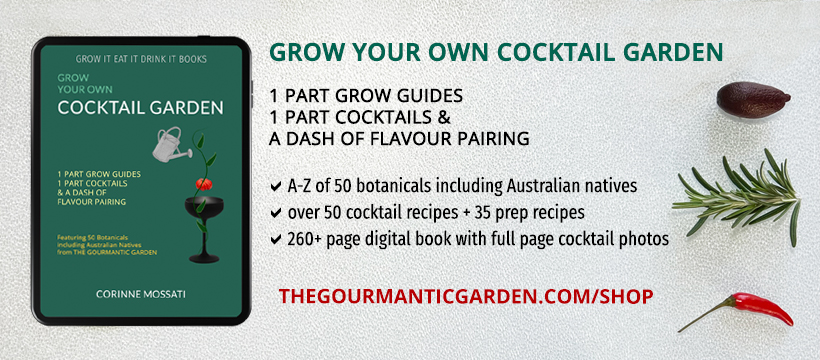From seaweed to indigenous botanicals, the recent gin boom has seen an explosion of experimental and limited release gins using a diverse range of botanicals be it herbs, roots, flowers and fruits. Below is a selection of the core gin botanicals and what they contribute to the juniper spirit.

Core Gin Botanicals: Juniper Berries – Photo © Cocktails & Bars
Core Gin Botanicals
Juniper Berries
Juniper (juniperus communis) is not only the key botanical but the spirit cannot be called gin without juniper. Juniper berries are what give gin its signature flavour along with the piney, resin note.
Coriander Seed
A common garden-grown herb, coriander (Coriandrum sativum) is the second most used botanical after juniper and works in unison with it as a flavour complement. Coriander seed provides a subtle citrus note, some warmth and a touch of spice.
Angelica Root
The root of angelica plant is the part most commonly used in gin production. Angelica root provides an earthy base note as well as being slightly herbal and bitter. Angelica also plays a role as a binding agent.
Orris Root
Orris root brings an earthy and floral note reminiscent of violets. It acts as a binding agent and prevents subtle scents from disappearing. Orris root is often used in perfume to add a floral character.
Lemon Peel
Lemon peel can be used dried or fresh. The botanical adds brightness along with fresh and zesty lemony notes to the gin.
Orange Peel
Orange peel can also be used dried or fresh. It brings a sweeter citrus note than lemon peel but can also be used to impart a bitter note depending on the type of oranges used.
Liquorice Root
The root of the liquorice plant adds sweetness along with a woody and earthy note. The botanical is also known to impart viscosity to gin and giving it a richer mouthfeel.
Cinnamon
Much like cassia bark (see below), cinnamon adds a warm and spicy note to gin and is often used in spicy or winter style gins.
Black Pepper
Black pepper (Piper Nigrum) adds a sharp note to the gin along with spice and warmth.
Cassia Bark
A relative of cinnamon, cassia bark brings warm spice notes but with a hotter, bolder and more earthy flavour. This botanical imparts a sweet note and can be overpowering as it adds a lot of warmth to the spirit.
Cardamom
Cardamom comes in two varieties, black and green. Both are used in gin and add a hint of spice, citrus, sweetness and heat. Black cardamom imparts a smoky flavour while green cardamom adds a grassy, aromatic and citrusy note.

